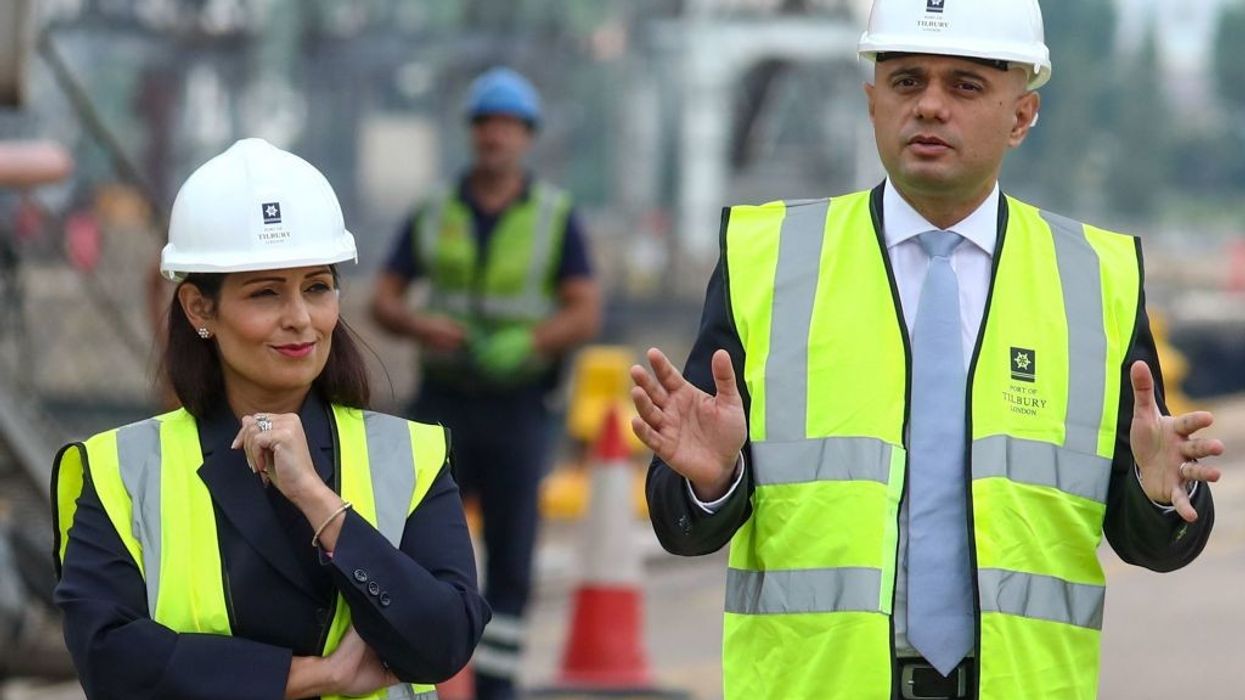Seven former home secretaries in UK on Thursday (24) urged prime minister Rishi Sunak to implement Martyn’s Law, a critical anti-terror reform, without delay.
Named after Manchester Arena victim Martyn Hett, the Martyn’s Law requires public places like pubs to take basic security steps like training and evacuation plans.
Plans for the law were announced in the Queen’s Speech in May but the Bill has yet to be tabled. It is reported that the bill has cross-party support and was mentioned in the Tory manifesto in 2019.
In a letter to Sunak, seven former ministers, Priti Patel, Sajid Javid, Amber Rudd, Jacqui Smith, Charles Clarke, David Blunkett and Jack Straw, said that watering down the bill to cover only the largest venues risks terrorist attacks.
Recently, senior police officers, including Neil Basu, also wrote to Sunak saying that there has been a 'dangerous delay' in framing the bill.
Twenty-two people, the youngest aged just eight, died and more than 200 were injured when Salman Abedi, an Islamic extremist, detonated a shrapnel-laden homemade suicide bomb at Manchester Arena as parents arrived to collect their children at the end of a concert by US singer Ariana Grande in 2017.
Since the 2005 London bombings, the incident was the UK's first suicide bombing and worst terrorist strike.
A report into the incident earlier this month stated that one of the victims would probably have survived if the response by the emergency services had not been so flawed.
The inquiry chairman John Saunders said while there had been individual acts of courage to help the victims, "many things did go badly wrong".
“In recent days we have read that our security services fear that the Bill could be delayed or watered down to cover only the largest venues - many of which have already improved security post the Manchester Arena attack," the letter said.
“We urge you to listen to their concerns and bring forward the strong measures that will make this legislation most effective. The Bill already has proportionality built into its foundations and the training resources would be provided free of charge.
“Of course, it is quite normal for there to be wrangling over the exact timing and wording of Bills. However, given the importance of this issue, we would urge you to personally step in and ensure that the Bill is implemented in full, and its passage completed during this Parliament."
According to Figen Murray, Martyn Hett's mother, the proposed legislation should cover cafes, restaurants and smaller places as big venues already know what to do.
“The big venues already know what to do. We need this
“What we are asking for is not complicated. We simply want a law requiring staff at all venues to undertake 45 minutes of training to help them spot the dangers and know how to evacuate people safely in the event of an attack," said Murray, who has been leading the Martyn’s Law campaign.
“If they don’t do this, the government will be failing the population - the ordinary man and woman in the street.”
The British government said that it will bring forward the legislation to the Commons as early as possible.
“The commitment made to the ‘Protect Duty’ in the Queen’s Speech and the 2019 manifesto remains, and we are working hard to bring forward this important piece of legislation as soon as possible," a spokesman is reported to have said.





